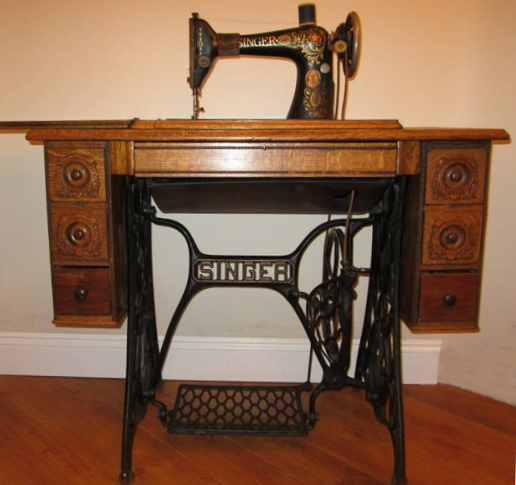Stanleymonkey
Established Member
I have this small lathe - chuckless and with nothing going on at the tail end.
The end with pulleys where the chuck should go is 1/2 inch diameter and a Whitworth thread.

There is enough room for a four inch chuck.
First question - do chucks come with a Whitworth thread or are the backplates interchangeable? I haven't seen any Whitworth backplates.
At the tail end there is no centre. The handwheel cranks this cylinder in and out. There is a keyway - but I was surprised to see it was threaded at both ends.
The end that the centre would fit into is shown here:

Second question: What sort of running centre would fit in here? I can't find any threaded ones in my preliminary searches.
Hope some of you can help me out with this.
The end with pulleys where the chuck should go is 1/2 inch diameter and a Whitworth thread.

There is enough room for a four inch chuck.
First question - do chucks come with a Whitworth thread or are the backplates interchangeable? I haven't seen any Whitworth backplates.
At the tail end there is no centre. The handwheel cranks this cylinder in and out. There is a keyway - but I was surprised to see it was threaded at both ends.
The end that the centre would fit into is shown here:

Second question: What sort of running centre would fit in here? I can't find any threaded ones in my preliminary searches.
Hope some of you can help me out with this.


































